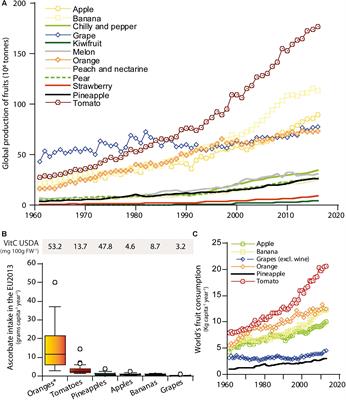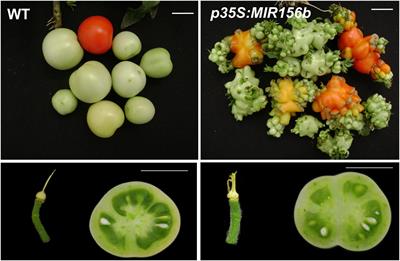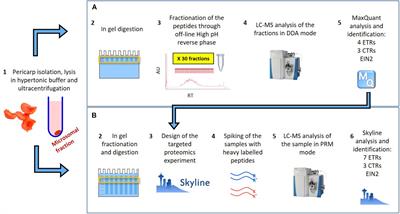EDITORIAL
Published on 01 May 2019
Editorial: Fruit Ripening: From Present Knowledge to Future Development

doi 10.3389/fpls.2019.00545
- 8,959 views
- 9 citations
33k
Total downloads
202k
Total views and downloads
EDITORIAL
Published on 01 May 2019

REVIEW
Published on 24 Jan 2019

ORIGINAL RESEARCH
Published on 17 Dec 2018

REVIEW
Published on 30 Nov 2018

REVIEW
Published on 20 Nov 2018

ORIGINAL RESEARCH
Published on 08 Nov 2018

ORIGINAL RESEARCH
Published on 12 Oct 2018

MINI REVIEW
Published on 25 Sep 2018

ORIGINAL RESEARCH
Published on 18 Sep 2018

ORIGINAL RESEARCH
Published on 29 Aug 2018

ORIGINAL RESEARCH
Published on 11 Jul 2018

ORIGINAL RESEARCH
Published on 19 Jan 2018
